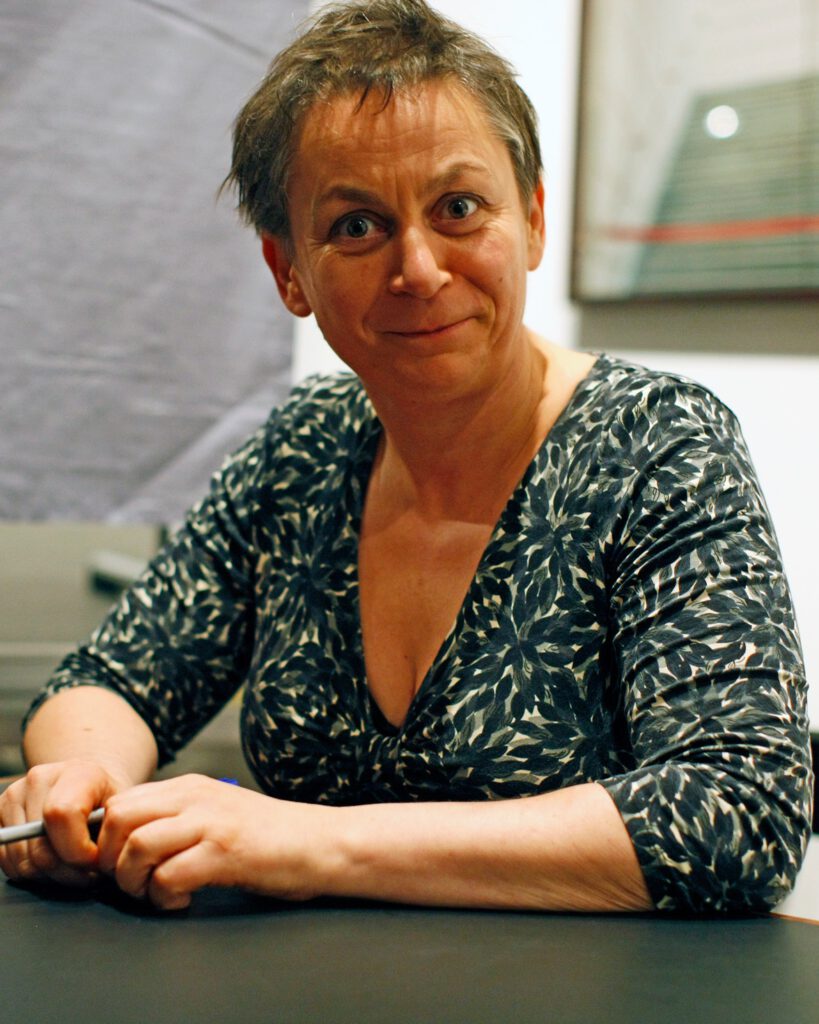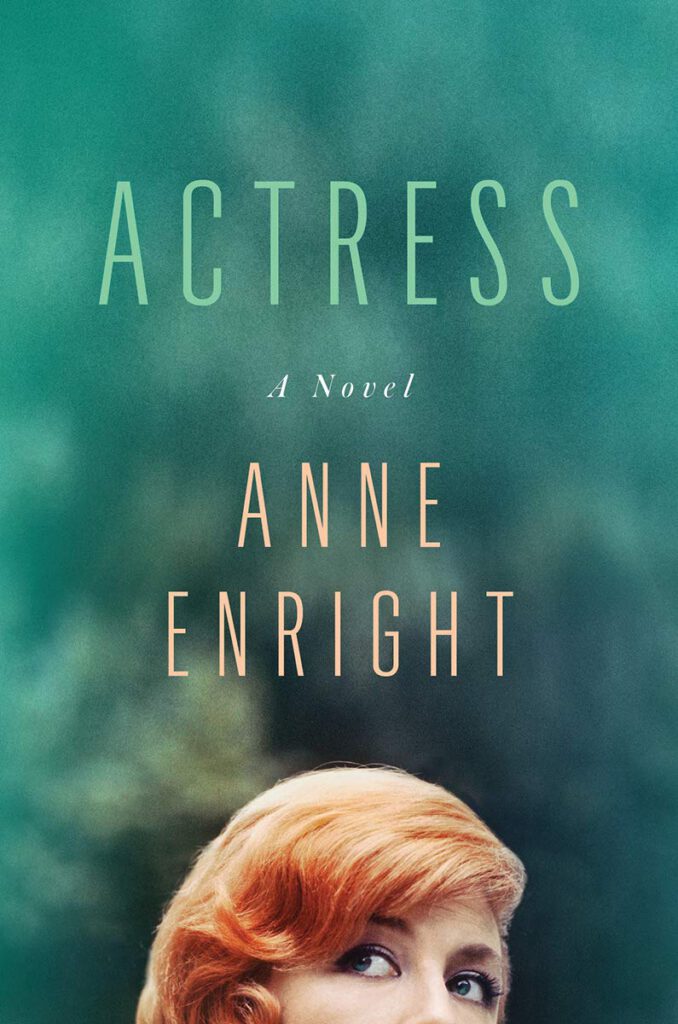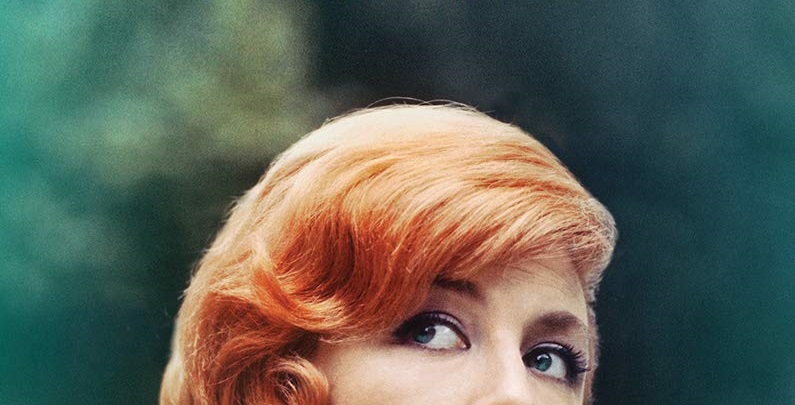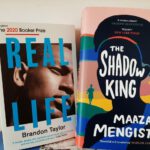The exquisite pen of Anne Enright, one of the most talented Irish writers, strikes again thanks to her latest literary enterprise, the novel Actress.
Actress is not simply an objectively “good novel”, in a canonic way – because of the undeniable elegance of the writing and because of the story which, though flowing nicely, requires an attentive reading – but is also and most importantly an interesting novel in the light of the dense and sophisticated experimentation the author did on the literary genre. Anne Enright has indeed wisely merged fiction, autofiction, biography, autobiography, memoir, and essay writing in one engaging and well-balanced literary pastiche.
The actress in the title is the protagonist of the novel and mother of the co-protagonist, who is the narrator of this story. Therefore, a first intersection appears to happen between the voice who tells the story and the person who acts in those stories. Katherine O’Dell, a star of Irish theatre (and not only) in the post-war Ireland, lives a life of torments that inevitably end up mirroring themselves in the life of her daughter Norah – just a mistake, but very much loved. Norah is also a writer, who chooses only late in her life to dedicate her energies to the narration of her mother’s life, as a consequence of some appalling attempts from other journalists and writers, morbidly interested in the indecent details of Katherine’s love life. This story is fiction, but it is rather easy for a reader to forget, after a few pages, that Katherine O’Dell never existed and never was a great actress, and that Norah non is not Anne Enright. The novel is written in a style which is more similar to autofiction than it it is to a biographical account. What makes it even more outstanding is that Norah, in unraveling the events of her mother’s biography, ends up digging deeply into her own personal one, making it the core of her narration, at least as much as Katherine’s life. All this is then made even more unique by the unusual choice of narrating the whole story in the second person: Norah is writing to her husband, one of the characters in this double (auto)biography.

At times, the writing style appears almost journalistic, if not academic: some of the events of which Katherine is the protagonist are news stories and are told accordingly (in particular, her aggression to a colleague, which was all over many newspapers); others appear told through an academic filter, a scholarly filter, the filter of a historian, interested in what the great actress represented for Irish theatre in a specific historical moment. At other times, instead, Norah’s humanity outclasses the somewhat aseptic necessity of providing an objective and impartial account that biographies often require. Norah cannot resist her need for analysis and auto-analysis. Therefore, she builds a reflection on herself, on the events of her life, the life of a child cast away, of a teenager surrounded by her mother’s friends and lovers, of a young college student discovering and practicing sex in a Catholic and bigot Ireland but also in a family without taboos (Katherine never represses and never hides), of a woman tormented by her love for her mother and future husband, and from the difficulty of not having a father and nor the chance to discover who he was. At the same time, through the pages, another reflection takes place: one on her mother’s choices, on her morals, on the reasons for her eccentric behaviour, on her role and on her skills as a parent. Crucial are finally Norah’s accounts of the History in which she’s involved, the “civil war” in the ’70s, which she narrates through her personal experience of the conflicts.
Actress is a dense and compact book, well-orchestrated and full of reflections. Reflections on parenthood, childhood, adolescence, adult age; reflections on love, sexuality, morals, habits, costumes; reflections on solitude, on recklessness and responsibility; on jealousy, envy, admiration; reflections on theatre, on playing a role on a stage and in life. But above all, Actress is a book that is not afraid to reinvent a genre or more genres, of experimenting with narrative voices, with the concept of protagonists, with styles.




